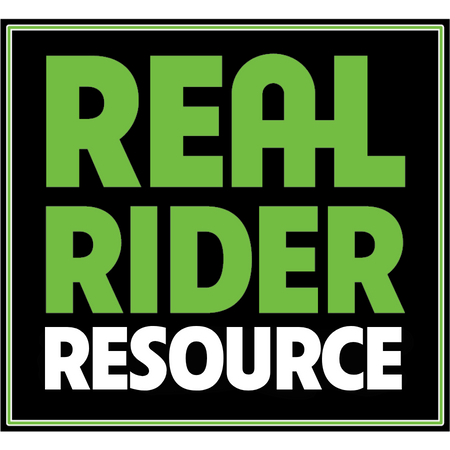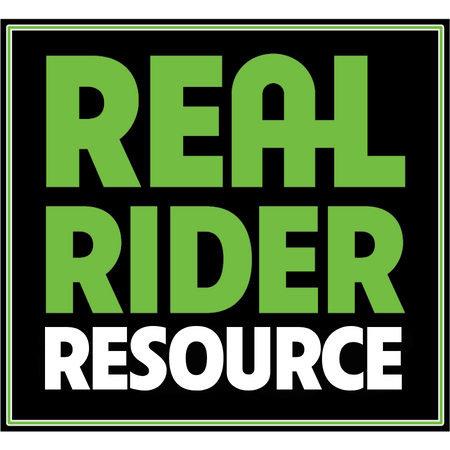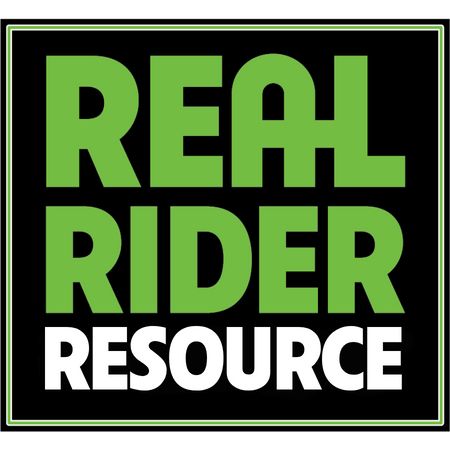Why Your Horse Stocked Up Overnight: Real Rider Recovery Tips
Excerpt: You walk into the barn and your horse’s legs look like stuffed sausages. Stocking up is common—but it doesn’t have to be. Here’s what’s happening and what you can do about it.
What Is Stocking Up?
Stocking up refers to fluid accumulation—usually in the lower legs—after a period of stall rest or reduced circulation. It’s not always painful but can signal the need for better recovery habits.
Why It Happens
- Lack of movement (stall rest, trailering, injury)
- Poor lymphatic return or circulatory slowdown
- Increased inflammation from hard work or weather changes
- Dietary imbalances or underlying health issues
What to Do When You See It
- Walk the horse and monitor for heat, pain, or lameness
- Apply a topical support like Draw It Out® Gel or RTU Spray
- If needed, wrap with MasterMudd™ EquiBrace™ or supportive bandages (done correctly!)
- Offer fresh water and electrolytes like Hydro-Lyte
How to Prevent It
- Ensure daily movement, turnout, or hand-walking
- Use liniment proactively after work
- Keep stalls clean and dry
- Consider low-sugar feed and proper trace minerals
When It’s Not Just Stocking Up
Persistent swelling, pain, heat, or unevenness could mean infection, injury, or lymphangitis. Always consult your vet if symptoms last more than a day or worsen.
Final Thoughts: Don't Panic, Do Something
Stocking up can look dramatic—but with smart recovery tools and better circulation habits, you can often prevent or reduce it altogether.
Real riders recover right. Don’t just stall—solve.





